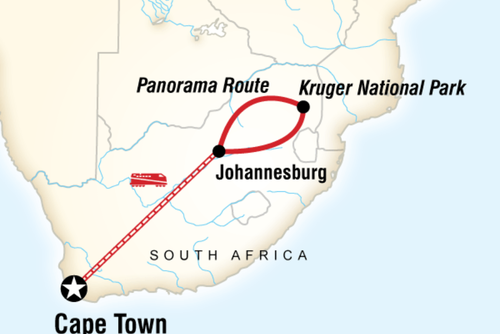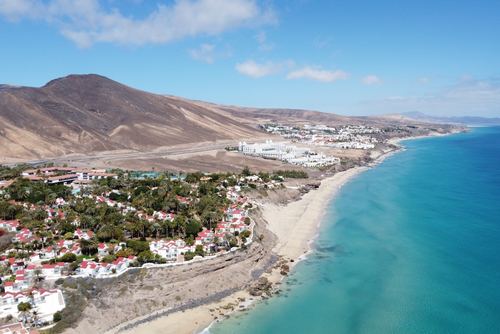There are various ways to embark on a trip. Some prefer hiking through rugged terrains, while others enjoy cycling along scenic routes. Sailing on open waters or taking a train through picturesque countryside are also popular options.
However, one of the most versatile and convenient travel adventures is using your own car. This method offers a unique blend of freedom and flexibility, allowing you to create your itinerary and explore at your own pace.
Here, we will focus on the pros and cons of adventure travel with your car, helping you decide if it's the right choice for your next journey. Before we proceed, visit Dyler to purchase the car you desire for your adventure.
Travel by Car: Advantages
1. Flexibility and Freedom
The primary benefit of using our own car for traveling is undoubtedly that you are not constrained in any way. It erases boundaries, putting no limits on where and when we are free to go without thinking of bus or train timetables.
This flexibility further enables you to access off-the-jack locations that may be challenging to reach using other means of transport. Whether it is an isolated area with sand dunes, a hiking path in the middle of a forest, or a small village, your car will get you there.
2. Comfort and Convenience
Among the numerous advantages of car travel is the comfort and freedom it provides compared with other types of transportation.
It is also a plus that you can bring with you as many bags and items as you require, including things that would be a bother to transport on planes or trains, such as camping gadgets, sports gear, or your furry friend.
Moreover, if necessary, there can be many stops that could take a driver-vacationist only a couple of minutes to sit in, drink some coffee, or simply contemplate.
3. Cost-Effective
For instance, if there are many people in the group or in the family, it will be advantageous to use the car rather than buy many tickets on the plane or the train.
Also, if you are in a vehicle and have all the amenities of a home inside, it will be wise to sleep in the car or camp outside. Second, you can cook your food most of the time based on the plans and flexibilities offered by the program.
4. Personal Space
This mode is more comfortable than buses and trains because it provides privacy and more space. When interacting with travel companions, you can avoid excessive attention from strangers and interference in your conversations.
This makes the trip more enjoyable, especially for long distances; the passengers tire less than in standard vehicles.
5. Customizable Itinerary
A car allows one to negotiate the destinations according to one's taste and concentration area. One may wish to linger an extra day by a nice lake, or they may decide to change their route to one that will enable them to visit a cultural fair.
No problem. The schedule is flexible, enabling one to change some parts of it if they wish to.
Travel by Car: Disadvantages
1. High Costs
While traveling by car can be cost-effective in some ways, it can also be expensive. For instance, there will be a need for fuel, tolls, parking fees, and maintenance costs, which can add up, especially on long journeys. Additionally, unexpected repairs or breakdowns can strain your budget.
2. Environmental Impact
Cars have a significant environmental impact due to greenhouse gas emissions, although you can travel with an Electronic vehicle, which also comes with its own disadvantages, one of which is having to recharge your car battery.
3. Fatigue and Stress
Long hours on the road can be tiring and stressful, especially for the driver. You can imagine the stress and fatigue of driving for about 8 hours or more,
Navigating unfamiliar roads, dealing with traffic, and finding parking can also be challenging. However, there are numerous ways to deal with stress and fatigue, such as entertaining yourself with your favorite music and getting snacks of your choice.
4. Limited Mobility in Cities
While a car is great for exploring rural and remote areas, it can be less convenient in cities. Urban areas often have heavy traffic, limited parking, and high parking fees.
In such cases, using public transportation or exploring on foot might be more practical.
5. Maintenance and Repairs
Car travel involves frequent checks to ensure that the car is fit for the road at that particular time. This involves oil, tires, brakes, and other necessities that need to be running well.
However, there is always an element of worry regarding the car developing a problem or a mechanical failure, which can be a pain in the neck to fix if you are in an area with little to no services.
Final Thoughts
Overall, a car travel adventure is an interesting experience. It is favorable for many travelers due to the liberty it offers, the schedules one is granted, and its comfort. But then again, it is always wise to look at the bright and the ugly side of choosing this means of transport to decide if it is good for the next trip.
























